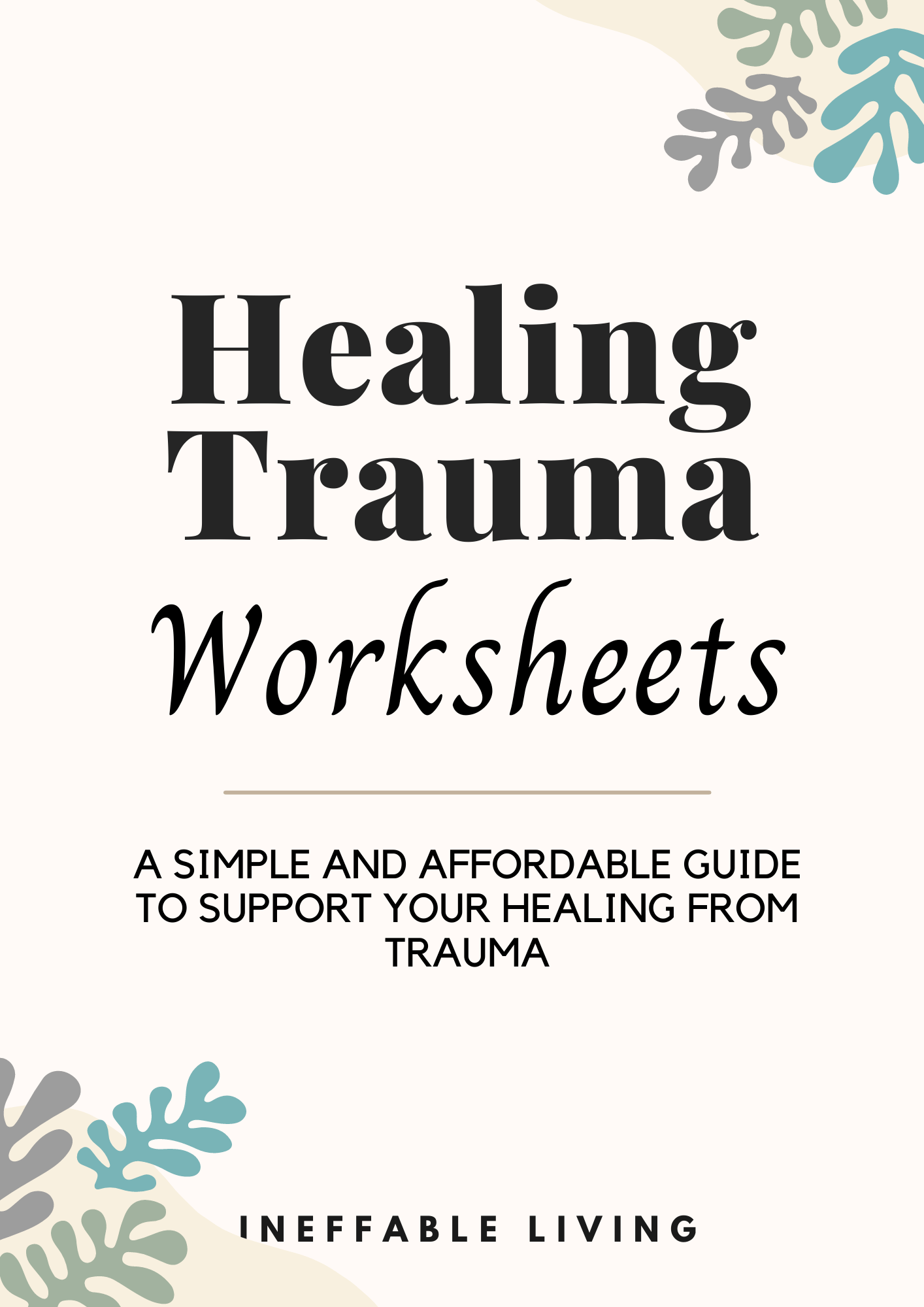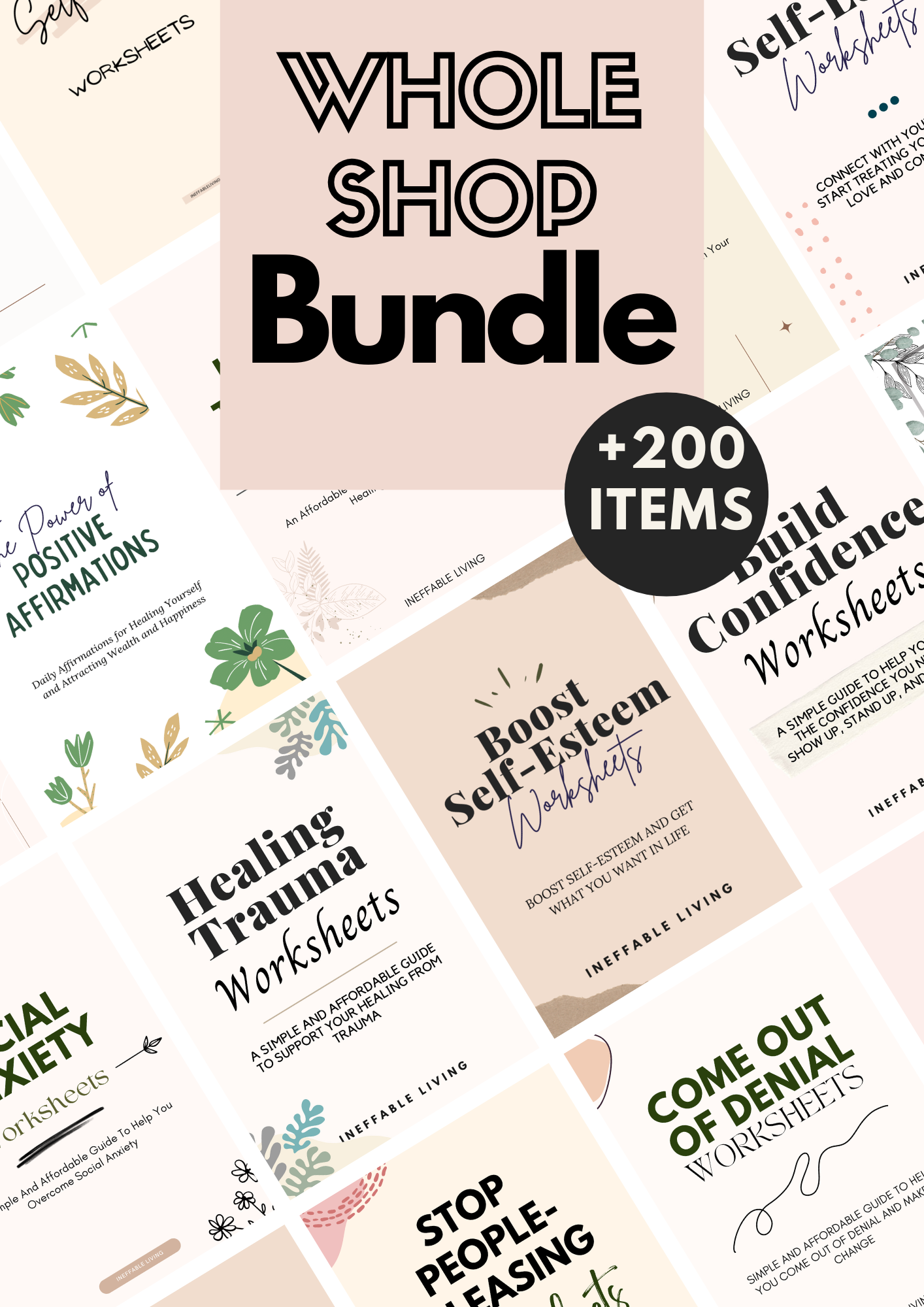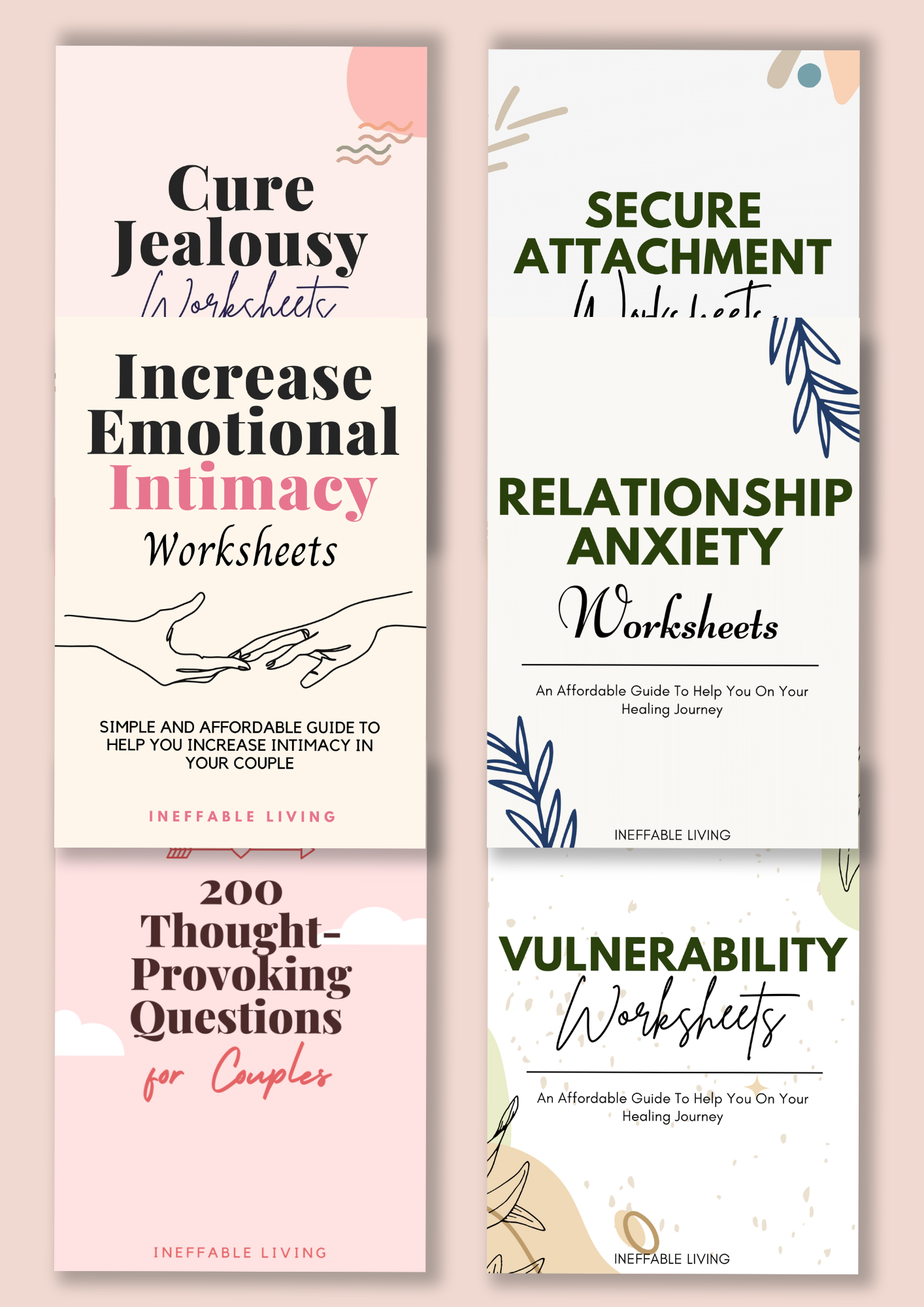1. Describe your triggers and warning signs for potential relapse. What thoughts, emotions, or external factors contribute to these warning signs?
2. Reflect on the progress you have made in your recovery journey. What coping strategies or support systems have been effective in maintaining your well-being?
3. Explore any past experiences with relapse. What were the circumstances leading up to the relapse, and what lessons have you learned from those experiences?
4. Identify the positive changes and growth you have experienced since beginning your recovery journey. How do these changes align with your relapse prevention goals?
5. Consider the impact of self-care practices on your overall well-being. How do activities such as exercise, mindfulness, or creative endeavors contribute to your resilience against potential triggers?
6. Evaluate the role of social support in preventing relapse. Who are the individuals or communities that offer understanding and encouragement in your ongoing recovery?
7. Visualize potential challenges or stressors that may arise in the future. How can you proactively address these challenges and strengthen your resilience?
8. Reflect on your current boundaries and self-regulation strategies. How do these boundaries support your sobriety and mental well-being?
9. Identify any unresolved emotions or past traumas that may influence your vulnerability to relapse. How can you address and process these emotions in a healthy manner?
Relapse Prevention Worksheets





